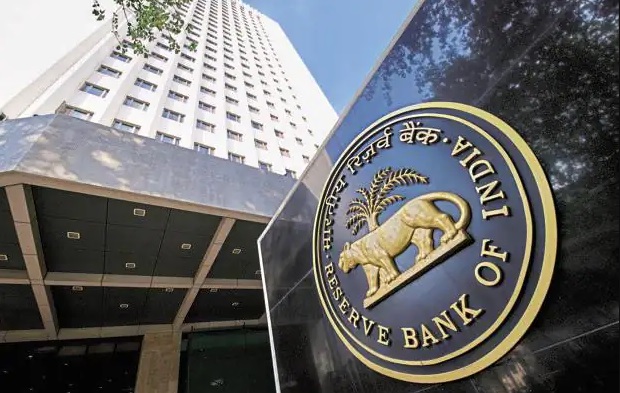
HC criticizes RBI for being passive, letting banks charge high Interest
The bench, including Justices Mahesh Chandra Tripathi and Prashant Kumar, made this observation while resolving a petition filed by Manmeet Singh. He had borrowed Rs 9 lakh from a private bank.
“Interestingly, while the RBI issues guidelines, it has taken no action towards their enforcement. It has simply remained passive, enabling banks to impose exorbitantly high interest rates,” remarked the court.
Regarding the RBI’s role as the country’s banking regulator, the court asserted, “Even if we grant banks the benefit of doubt to set interest rates freely, it is the RBI’s obligation to ensure that customers are not unduly burdened by the exorbitant interest rates imposed by banks.” The petitioner had borrowed a loan of Rs 9 lakh from Standard Chartered Bank at a variable interest rate of 12.5 percent per annum. Upon repaying the entire sum, the petitioner requested a ‘no dues certificate’ and property document from the bank, both of which were promptly issued.
Upon reviewing his loan account, Singh was surprised to discover that the bank had debited a total of Rs 27 lakh, whereas, according to the petitioner, it should have been around Rs 17 lakh based on the 12.5 percent interest rate.
The petitioner sought redress from the banking ombudsman, but his complaint was concluded without furnishing a copy of the bank’s response. The petitioner contended that the banking ombudsman closed the complaint without allowing him an opportunity to present his case. The petitioner’s legal representative argued that the interest on the loan was imposed at a rate of 16-18 percent, in contrast to the agreed-upon 12.5 percent.
In contrast, the representative for Standard Chartered Bank contended that the agreement explicitly specified a variable interest rate subject to revision every three months. Advocate Sumit Kakkar, representing the RBI, argued that the RBI had regulated banks’ interest rates, and loan interest rates depended on various external factors.
The court observed that the petitioner was consistently charged a higher interest rate throughout the loan tenure without evident justification. The court’s order stated, “The bank is attempting to justify their arbitrary and unlawful actions by asserting that the petitioner agreed in the loan agreement to pay a floating interest rate, and the RBI permits the bank to charge interest based on market conditions.”
The court further noted, “It found that the bank’s imposition of a higher interest rate violated the RBI master circular dated July 2, 2007.” The court also pointed out that the petitioner was not informed about this violation and, consequently, did not accept the variable interest rate charged by the bank.
“The respondent no.5 (bank) neglected to establish and follow a transparent method for charging interest. It has been highlighted that the bank utilized an arbitrary methodology. According to the RBI guidelines, any alteration in that rate cannot be applied to customers without prior notice and their consent,” the order mentioned.
The court concluded that the banking ombudsman significantly fell short in adjudicating the petitioner’s case. The petitioner was denied an opportunity to counter the objections raised by Standard Chartered Bank, and the court consequently remanded the matter to the banking ombudsman for a fresh decision.


